The case against midterms
January 6, 2022
My next door neighbor recently tested positive for what is likely the omicron variant of COVID. Due to quarantine regulations, the first day he is allowed to return to school is January 17. This means he will sit for midterms not having attended a single day of in-person class in almost a month.
His story is one of many.

The omicron strain of COVID is more infectious than its predecessors, causing it to spread like wildfire. In the United States alone, one million new cases were reported as of last Monday. The effects of omicron are tangible at South: half-empty classrooms, teachers recording lessons for the multitudes of missing students. Assistant principal Cynthia Parravano has even started decorating the measuring stick used to identify close contacts. In short, South is far from the conditions under which students should be subjected to a week of testing.
First and foremost, it is an unfair burden to the students who are home due to COVID restrictions. The weeks in class leading up to midterms are key to midterm success, with intense review that cannot be replicated from home. To expect students to study through sickness and/or isolation and be properly prepared for exams is an insane proposition. Equally problematic is the expectation that students who are unable to attend school during exam week must then reschedule missed exams once second-semester classes have begun.
Additionally, COVID stress has re-peaked and is palpable. I am distracted wondering when, not if, I will be informed that I have been identified as a close contact. The fear that my ability to review in class, study at home, or take my midterm will be stripped is constant. This is stress that no “Cleminson is open for discussion!” or “Go to the chill room!” exhortation can resolve. I am not alone. Not at school or at home. COVID stress is not limited to students, who go home to parents who have the same fears compounded with the stressed navigating the COVID protocols– receiving conflicting messages from the school, the district, and the CDC–or simply knowing where to find at-home tests or to schedule a PCR test.
Superintendent Jon Dean has been unwavering in his push to continue on with midterms, and my only question is “Why?” Is the value of taking a ninety-minute exam, in far-less-than-optimal conditions, so significant that it outweighs the negative mental effects of the resulting stress? Is the value so significant as to outweigh the three hours and twenty minutes of class time, per exam, they sacrifice to take said tests? Can the exams be a true measure of learning and provide an equal opportunity for evaluation of all students under our current conditions? Are they so accurate a measure of learning that they should account for 20% of our semester grade?
For the most part, only the senior class has taken more than one midterm or final exam. Given certain types of testing have been proven to aid in information retention, under normal circumstances, there could be justification for midterms. But these are not normal circumstances. The disruptions in the educational system over the past two years have been significant, and they have also provided an opportunity to rethink old systems. Are there better ways, at this moment in time, to evaluate what students have learned? Has project-based learning been considered as an alternative? Has a different model of grade distribution been considered? Could the time set aside for exams provide teachers with an opportunity to go further in-depth on a topic given an extended time frame not available during the traditional school day?
A statistically significant number of students are currently affected by COVID quarantines. Given spread rates, more and more students will test positive over the next two weeks, as will teachers. We live in a community that, too often, does things because “that’s the way it’s always been done”. The current model of assessment, under the current conditions, must be reevaluated.
I implore the district to reconsider their decision. And I implore parents and students who agree to reach out to the school board and voice their concerns.

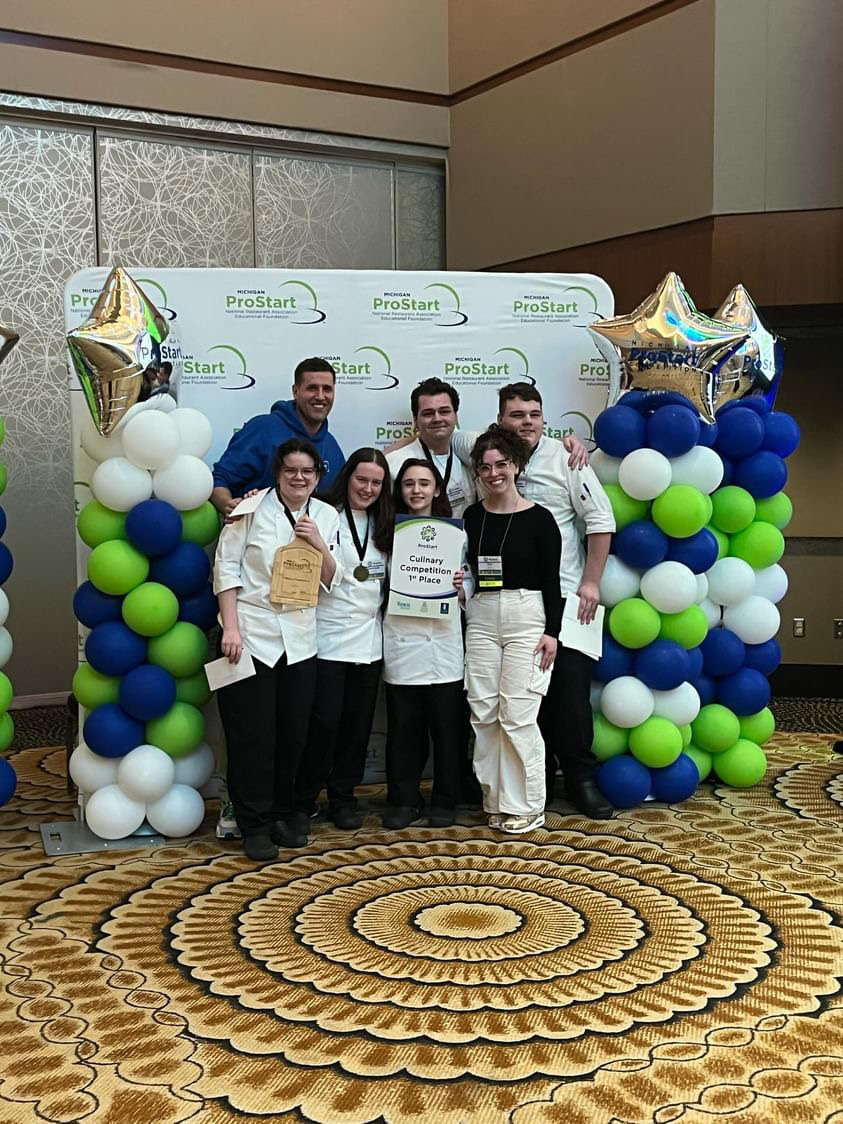

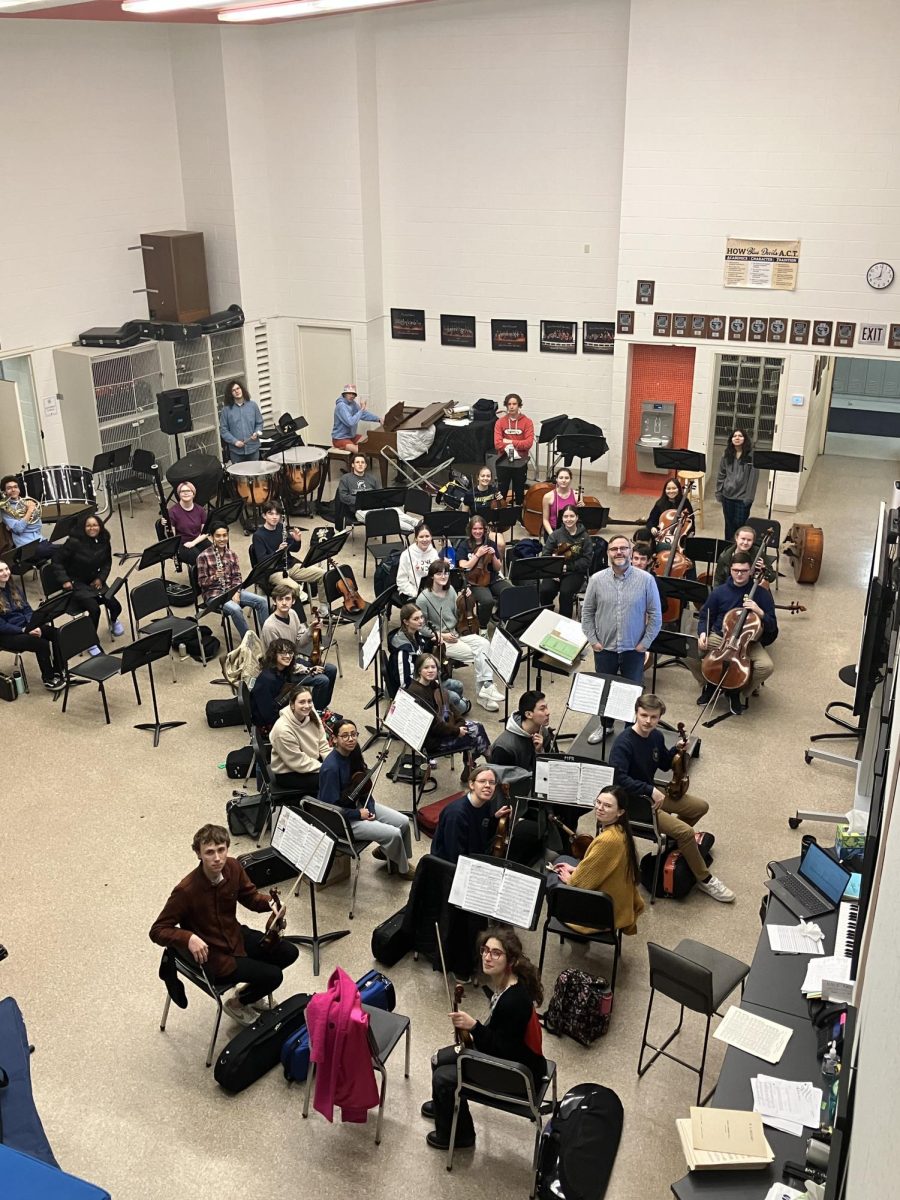









































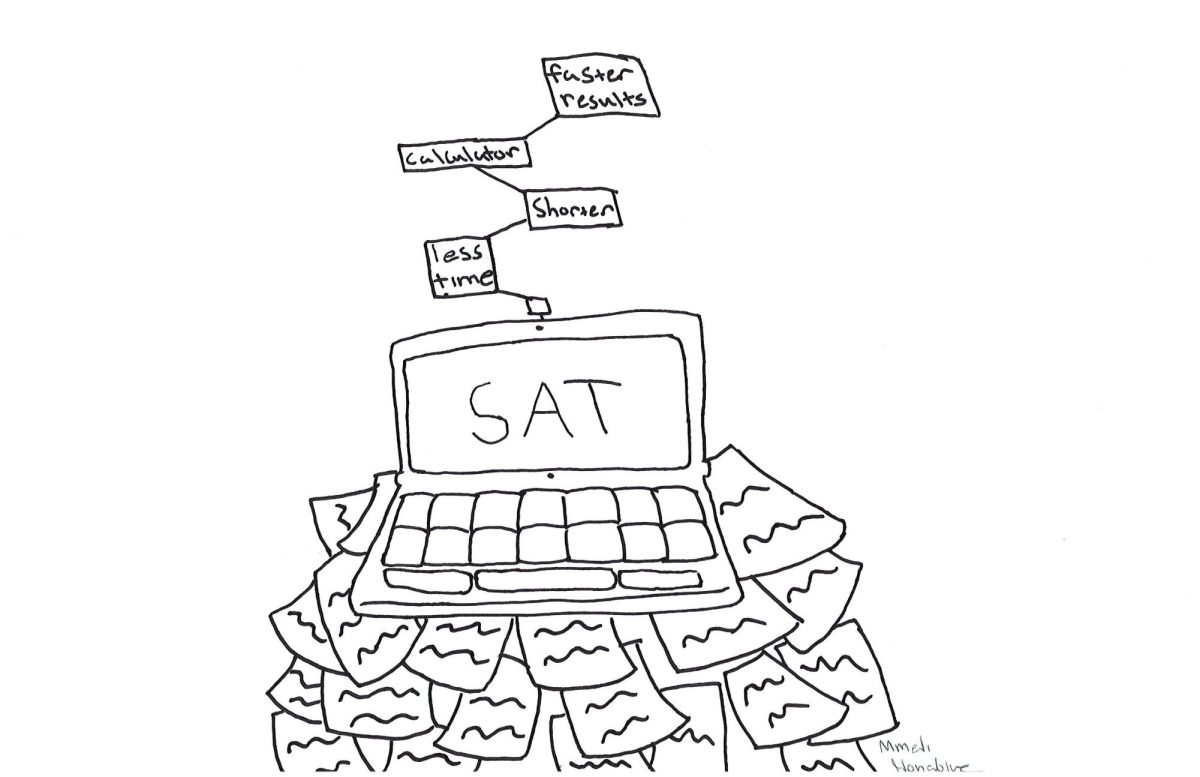

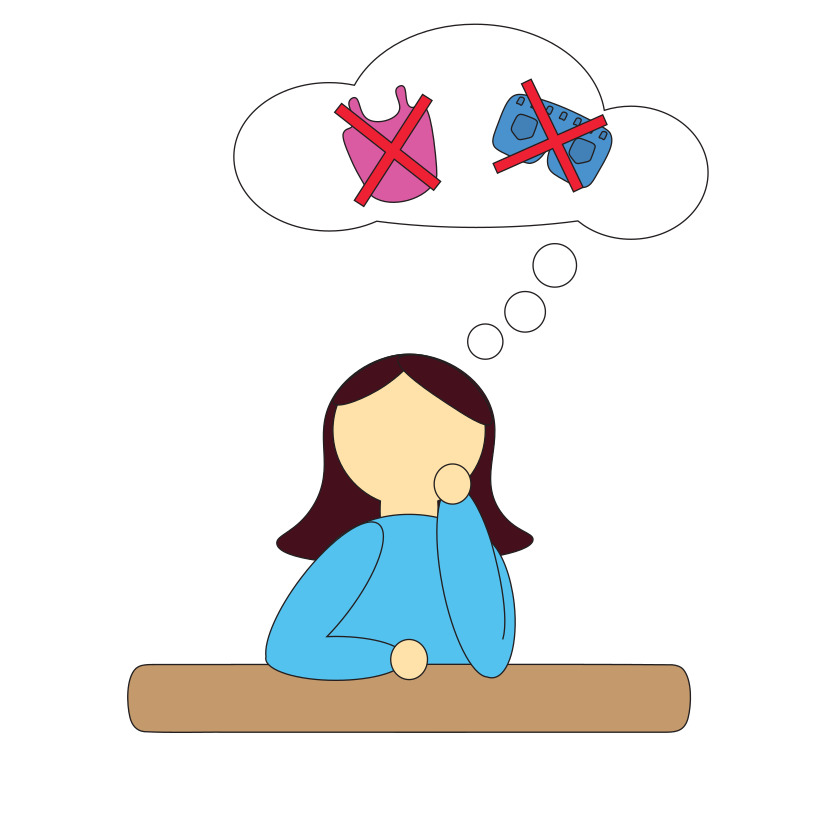

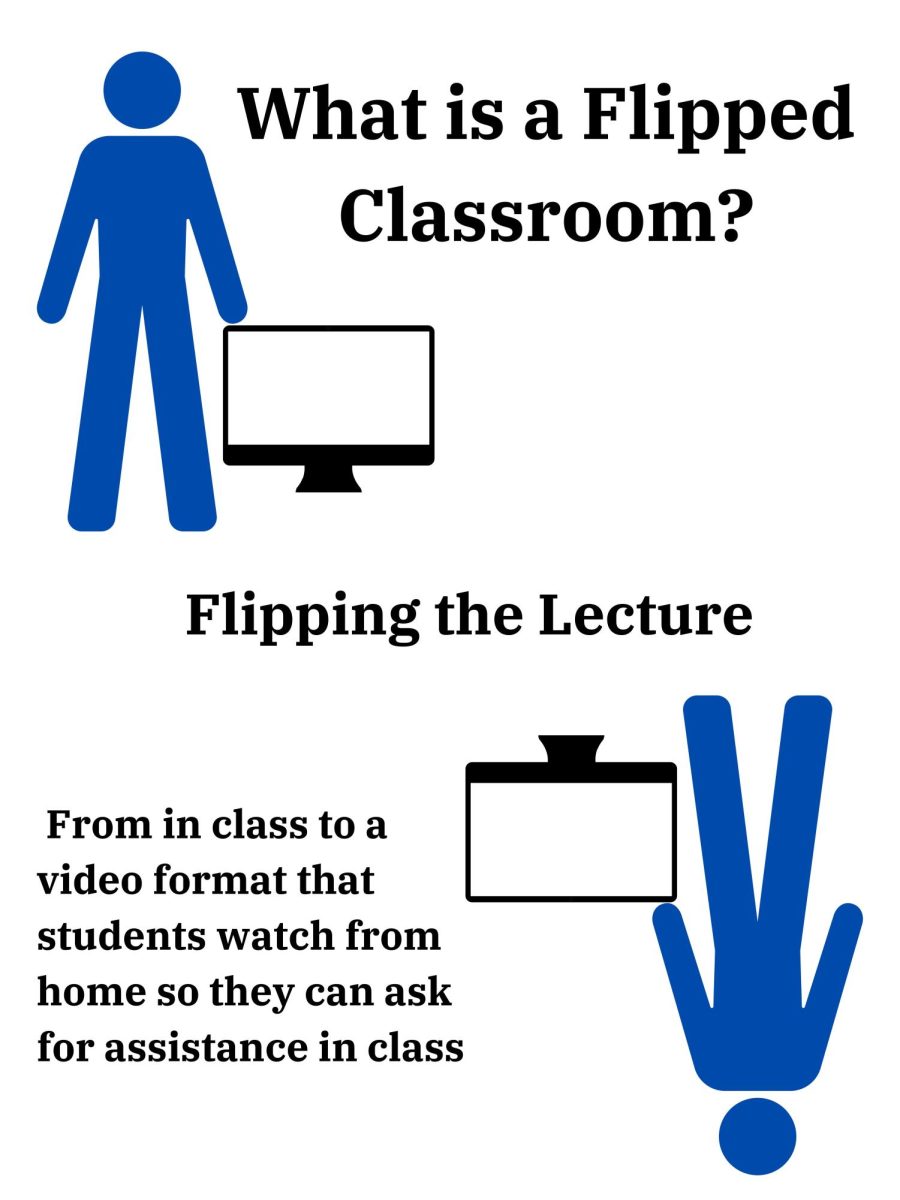














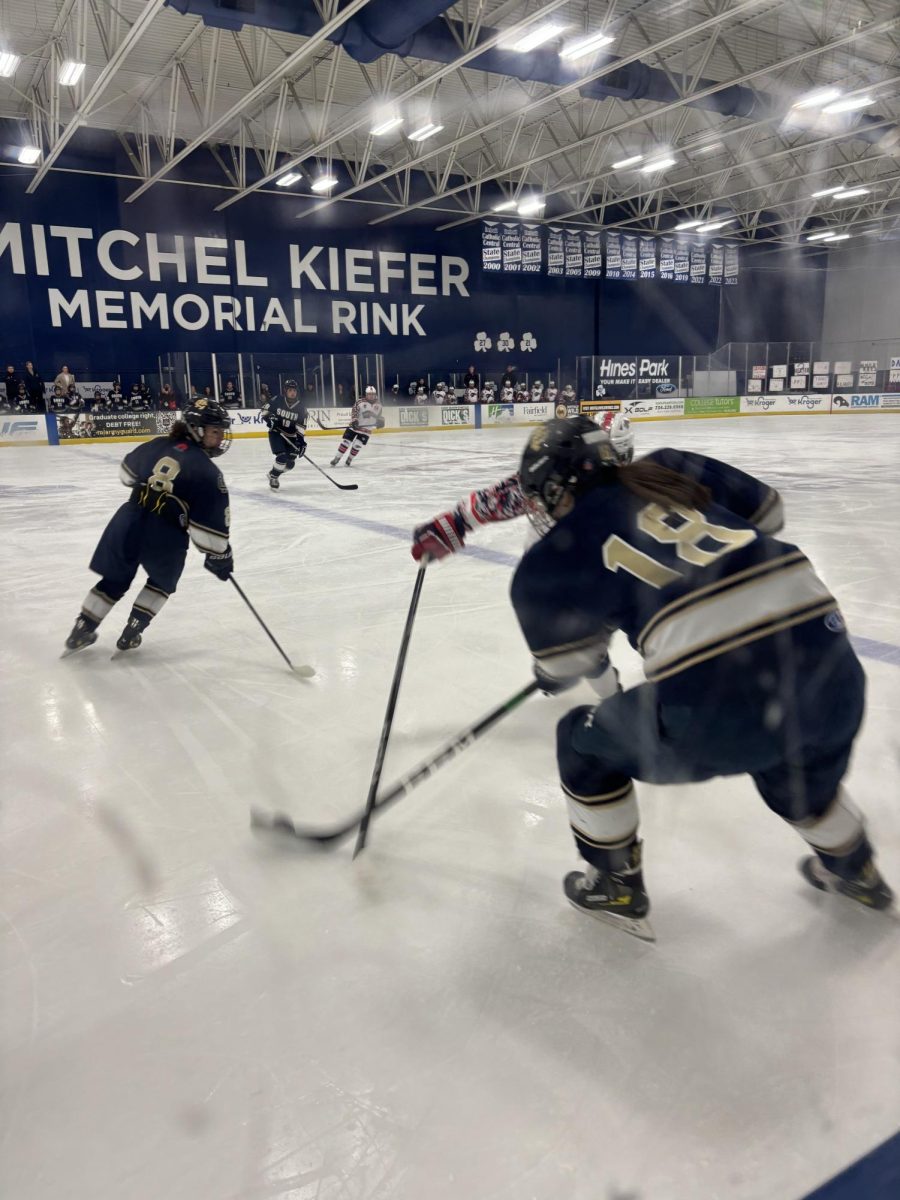
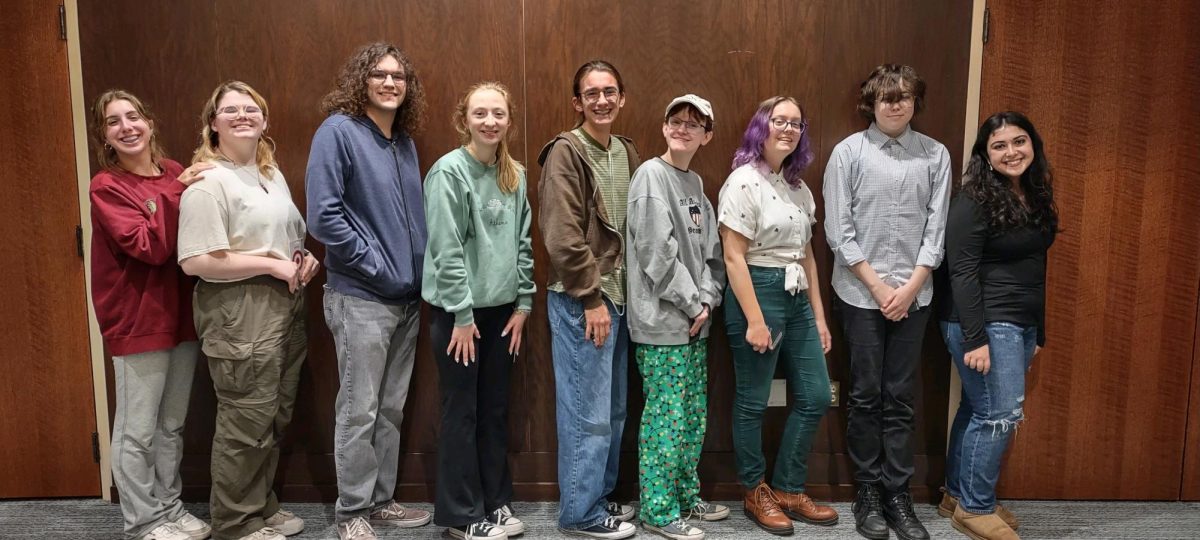


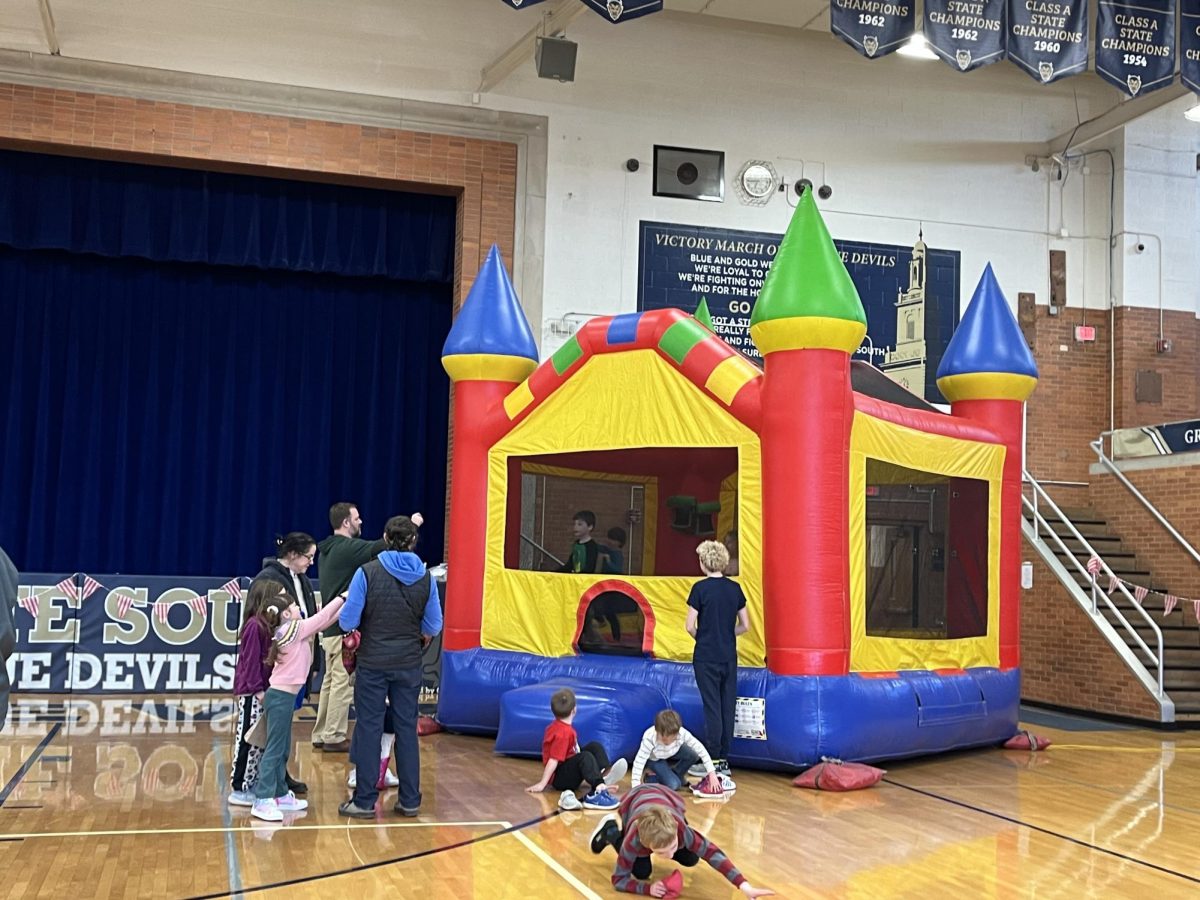












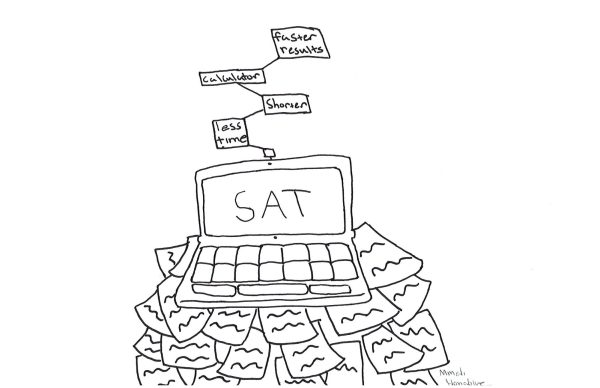

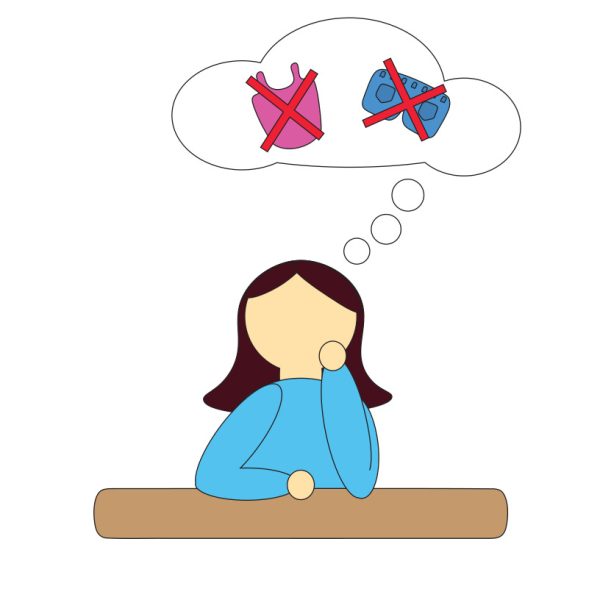

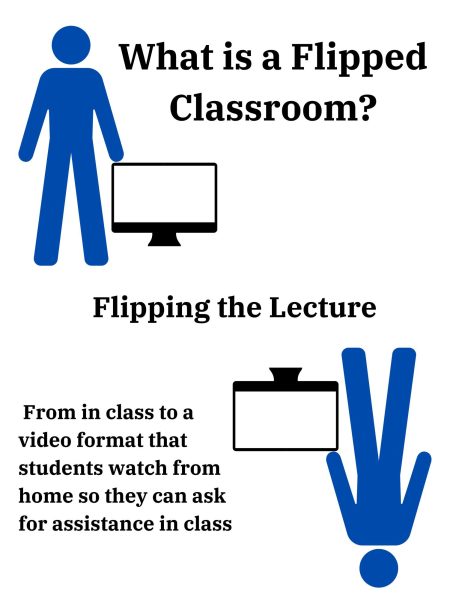





Kim • Jan 7, 2022 at 12:57 pm
Great article. Thank you!
Barb Peberdy • Jan 6, 2022 at 3:41 pm
Nice piece! Makes complete sense to me.